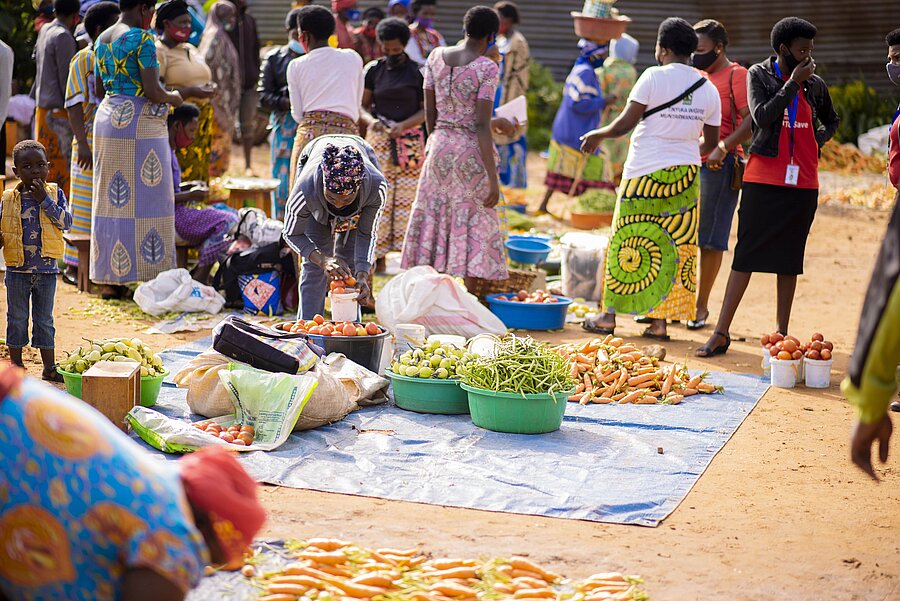Digitalisation is arguably the buzzword of the information and communication era, global trends, and a critical element in the modern economy. The increasing interconnection of political, economic, and social relationships through globalisation, coupled with the new possibilities of information and communication technologies, is changing all political and economic spheres, as well as individual lives around the world. On an unprecedented scale, information is accessible around the world in real time, increasing the competitive pressure on businesses, politics, and individuals.
Digitalisation could significantly advance Africa’s development by leapfrogging development steps, narrowing the digital divide and reinforcing social and economic inequalities. Current trends in the mobile market, investments in digital infrastructure, affordable digital solutions and education have increased the demand for digital solutions and technical devices. Tech hubs have arisen all over the continent, rapidly transforming Africa’s technological ecosystem and promoting digital inclusion.
The German Sparkassenstiftung for International Cooperation (DSIK) supports the local microfinance sector in Eastern Africa with two regional projects that focus on vocational and commercial education, as well as rural development by institutional strengthening. In this context, DSIK worked on a paper summarizing current research and knowledge about digitalisation and its impact on financial inclusion in Eastern Africa. Furthermore, DSIK conducted short surveys in DSIKs’ project countries in the region. The working paper was part of the project objectives 2021 for further project implications and base for a detailed project strategy.
The topics covered in the paper include fundamental topics such as definitions, digital readiness and driving forces, benefits and challenges of digitalisation and digital sustainability. Furthermore, digital trends in Africa are analysed in more depth and the digital inclusion of the population in terms of income (low/high), education (low/high), age (young/old) and gender (female/male). In addition, the second part of the paper provides a brief summary of the findings from the DSIK EA surveys on the state of digitalisation in the DSIK project countries Burundi, Kenya, Rwanda, Tanzania, and Uganda.
Below, the entire working paper is available for download as a PDF, as well as a shorter fact sheet with the most essential information.

